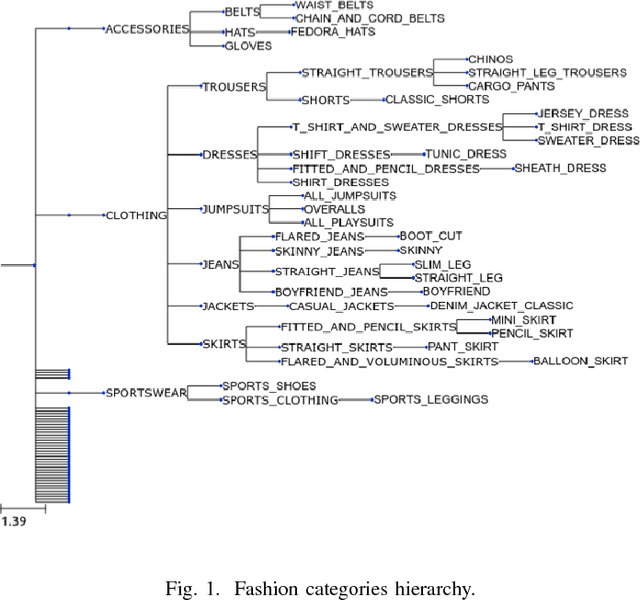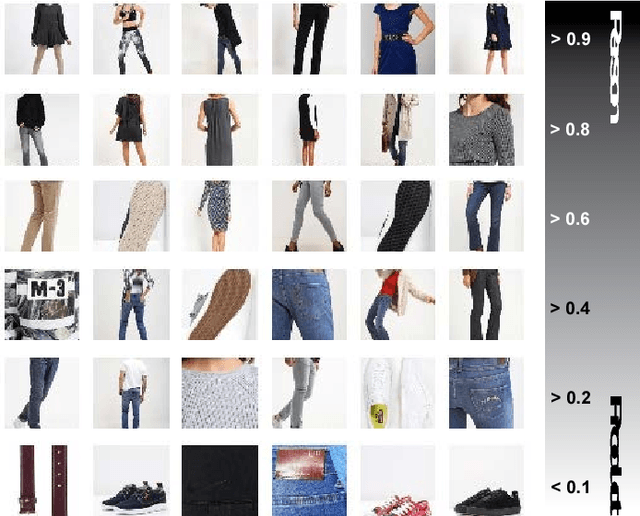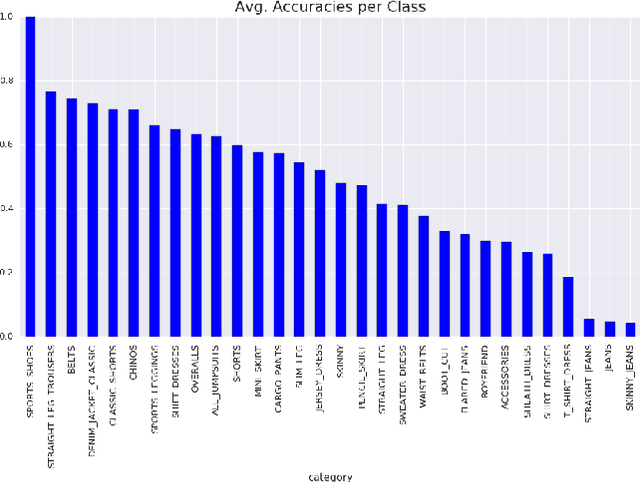Thomas Lidy
Pre-Training Strategies Using Contrastive Learning and Playlist Information for Music Classification and Similarity
Apr 24, 2023



Abstract:In this work, we investigate an approach that relies on contrastive learning and music metadata as a weak source of supervision to train music representation models. Recent studies show that contrastive learning can be used with editorial metadata (e.g., artist or album name) to learn audio representations that are useful for different classification tasks. In this paper, we extend this idea to using playlist data as a source of music similarity information and investigate three approaches to generate anchor and positive track pairs. We evaluate these approaches by fine-tuning the pre-trained models for music multi-label classification tasks (genre, mood, and instrument tagging) and music similarity. We find that creating anchor and positive track pairs by relying on co-occurrences in playlists provides better music similarity and competitive classification results compared to choosing tracks from the same artist as in previous works. Additionally, our best pre-training approach based on playlists provides superior classification performance for most datasets.
Deep Learning for MIR Tutorial
Jan 15, 2020Abstract:Deep Learning has become state of the art in visual computing and continuously emerges into the Music Information Retrieval (MIR) and audio retrieval domain. In order to bring attention to this topic we propose an introductory tutorial on deep learning for MIR. Besides a general introduction to neural networks, the proposed tutorial covers a wide range of MIR relevant deep learning approaches. \textbf{Convolutional Neural Networks} are currently a de-facto standard for deep learning based audio retrieval. \textbf{Recurrent Neural Networks} have proven to be effective in onset detection tasks such as beat or audio-event detection. \textbf{Siamese Networks} have been shown effective in learning audio representations and distance functions specific for music similarity retrieval. We will incorporate both academic and industrial points of view into the tutorial. Accompanying the tutorial, we will create a Github repository for the content presented at the tutorial as well as references to state of the art work and literature for further reading. This repository will remain public after the conference.
Fashion and Apparel Classification using Convolutional Neural Networks
Nov 11, 2018



Abstract:We present an empirical study of applying deep Convolutional Neural Networks (CNN) to the task of fashion and apparel image classification to improve meta-data enrichment of e-commerce applications. Five different CNN architectures were analyzed using clean and pre-trained models. The models were evaluated in three different tasks person detection, product and gender classification, on two small and large scale datasets.
 Add to Chrome
Add to Chrome Add to Firefox
Add to Firefox Add to Edge
Add to Edge